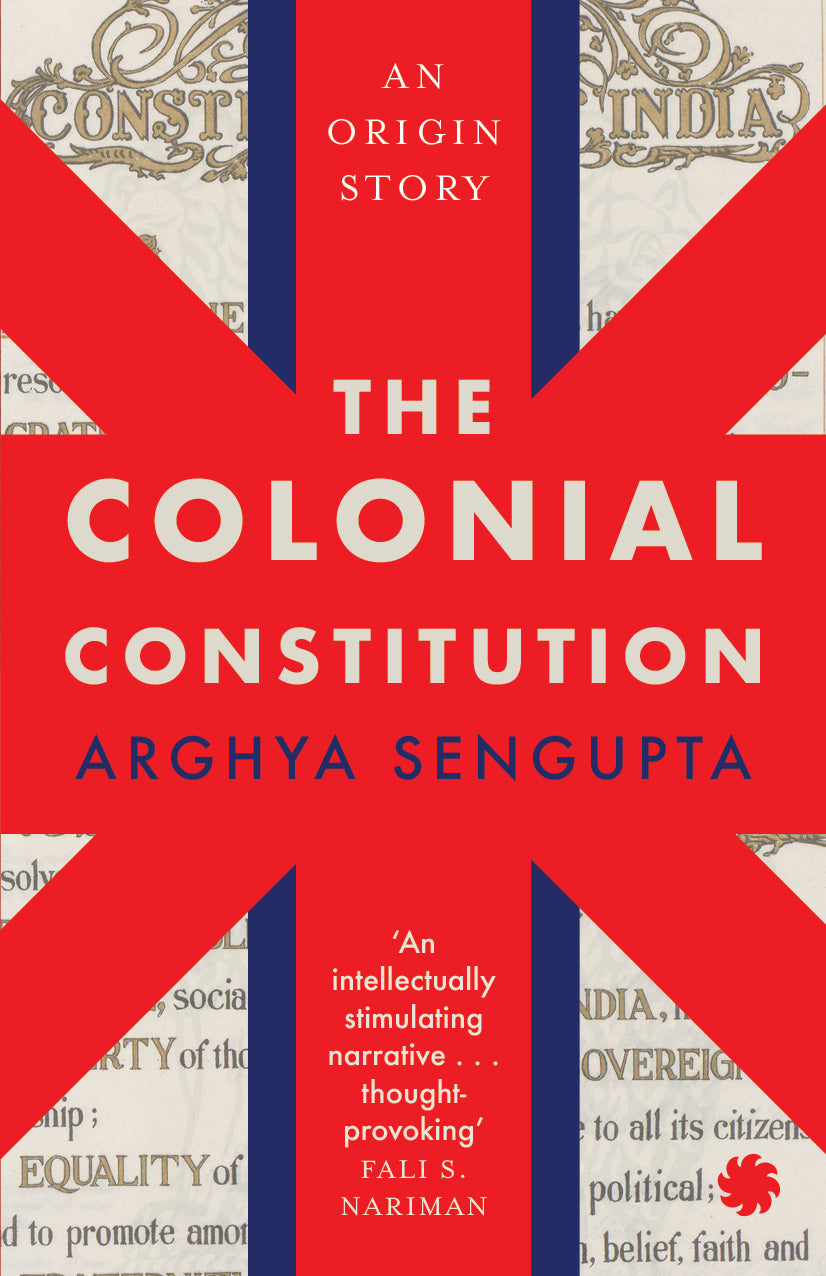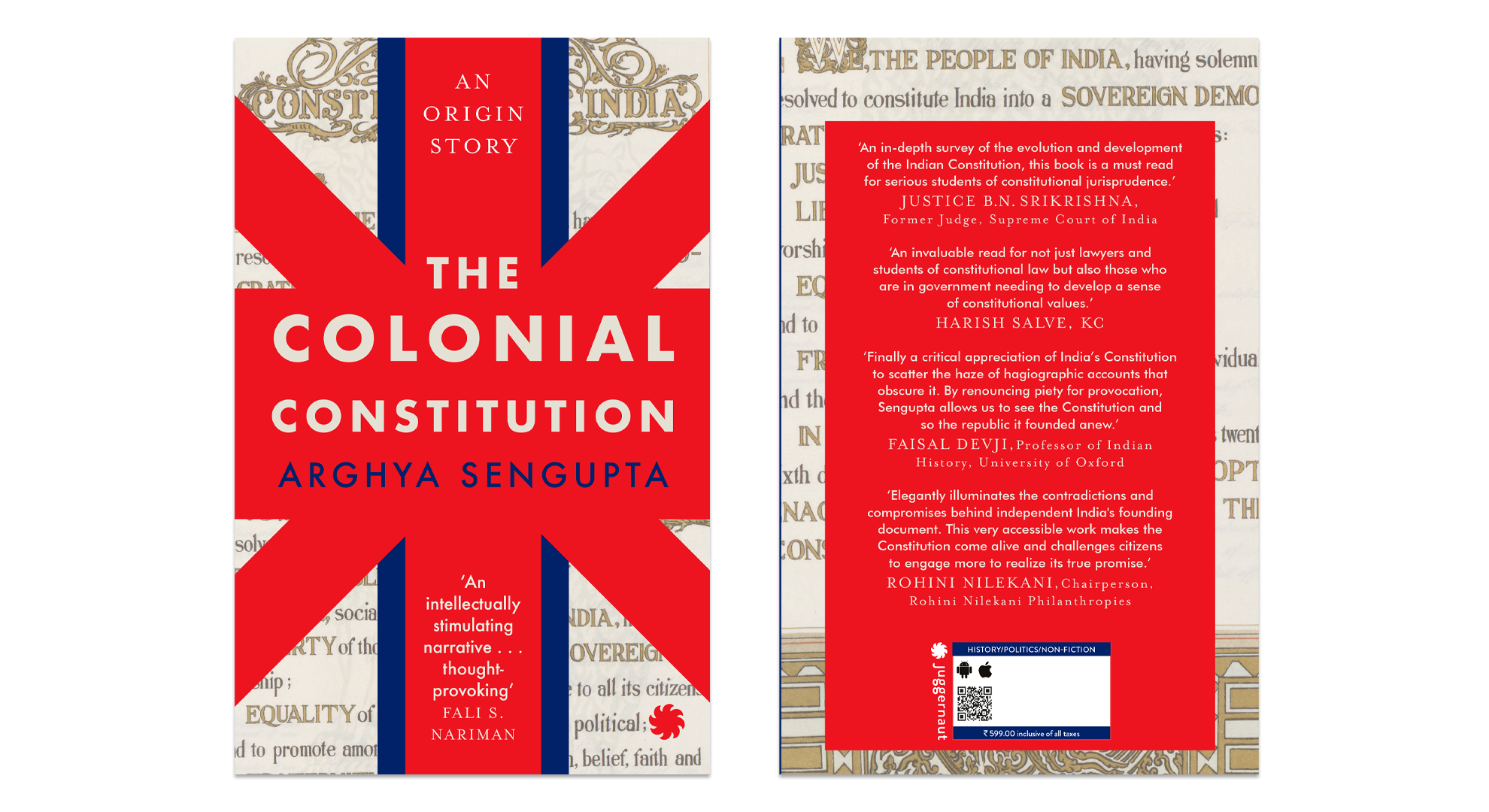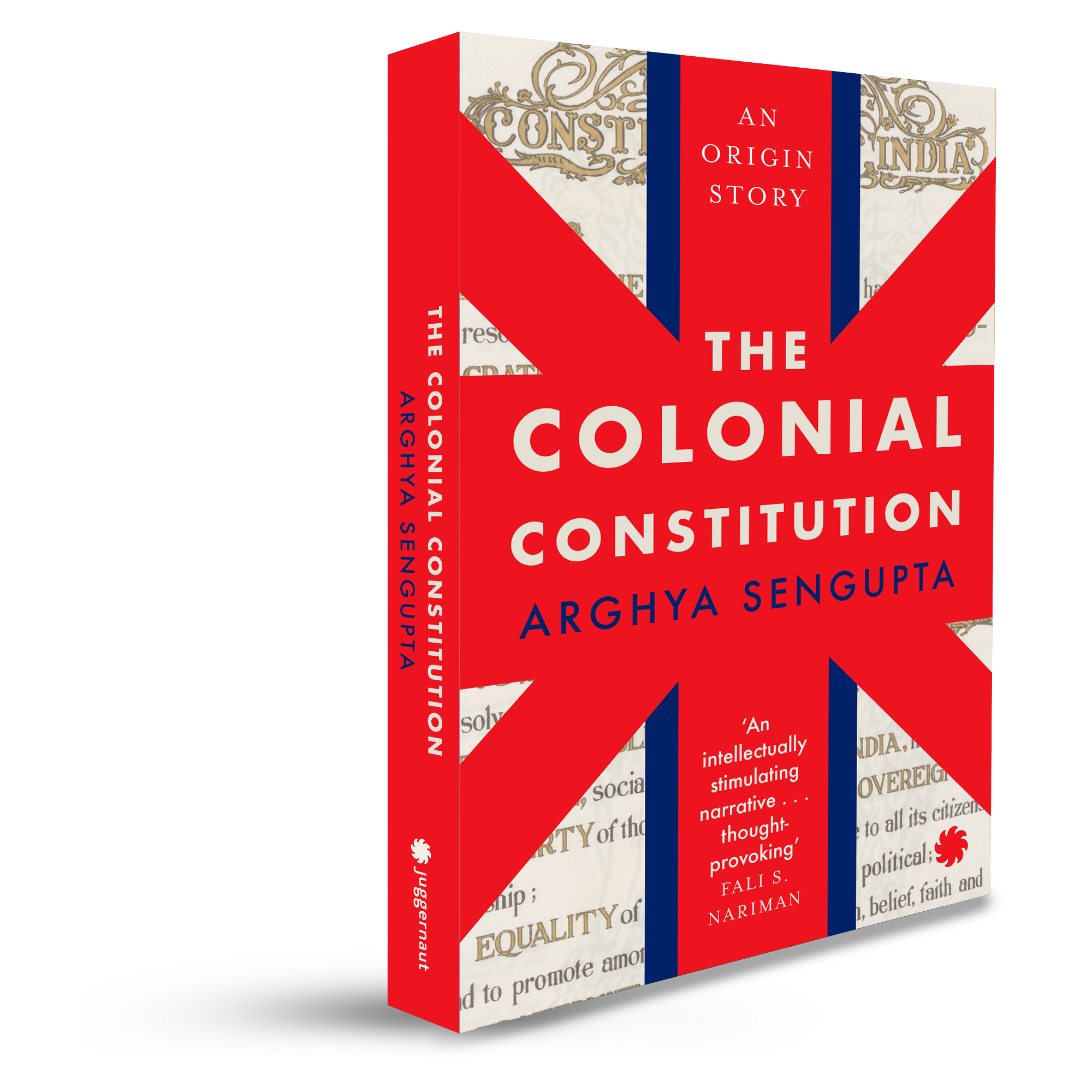THE COLONIAL CONSTITUTION
THE COLONIAL CONSTITUTION
Arghya Sengupta
- Language: English
- Print Length: 296 Pages
- ISBN-10: 9353451929
- ISBN-13: 978-9353451929
In December 1946, a diverse bunch of battle-weary Indian nationalists who had spent long years struggling for freedom against the British took up the challenge of a lifetime: drafting the constitution of a soon to be independent India. But, curiously, the document they produced seemed divorced from their own experience as freedom fighters.
While during the freedom movement, the Government of India Act 1935 had been reviled as a ‘charter of slavery’, now more than a third of the Constitution was directly borrowed from that hated law. While many members of the Constituent Assembly had personally experienced the brutality of preventive detention and the law against sedition, the Assembly didn’t outlaw either. While Gandhiji had talked about keeping sovereign power close to the people by vesting a large part of it in the gram panchayat, the Constitution gave Indians a powerful, remote Union government ‘perched on Mt Everest’ that towered over the people like an imperial lord. Though citizens had some important fundamental rights, the government could suspend these rights at will using its wide emergency powers, wider than even what the British had when they left India. What we got then was a colonial constitution that fundamentally did not trust its own people.
In this brilliantly argued and profound book, the scholar Arghya Sengupta shows us how we got here. Neither a critique nor a celebration, this is an origin story. It is a meditation on the nature of constitution making and of moments of great change. An instant classic, The Colonial Constitution is the perfect antidote to the gushing accounts of the Constitution that abound. In the end, this book raises an unsettling question: does India need a new constitution?
In December 1946, a diverse bunch of battle-weary Indian nationalists who had spent long years struggling for freedom against the British took up the challenge of a lifetime: drafting the constitution of a soon to be independent India. But, curiously, the document they produced seemed divorced from their own experience as freedom fighters.
While during the freedom movement, the Government of India Act 1935 had been reviled as a ‘charter of slavery’, now more than a third of the Constitution was directly borrowed from that hated law. While many members of the Constituent Assembly had personally experienced the brutality of preventive detention and the law against sedition, the Assembly didn’t outlaw either. While Gandhiji had talked about keeping sovereign power close to the people by vesting a large part of it in the gram panchayat, the Constitution gave Indians a powerful, remote Union government ‘perched on Mt Everest’ that towered over the people like an imperial lord. Though citizens had some important fundamental rights, the government could suspend these rights at will using its wide emergency powers, wider than even what the British had when they left India. What we got then was a colonial constitution that fundamentally did not trust its own people.
In this brilliantly argued and profound book, the scholar Arghya Sengupta shows us how we got here. Neither a critique nor a celebration, this is an origin story. It is a meditation on the nature of constitution making and of moments of great change. An instant classic, The Colonial Constitution is the perfect antidote to the gushing accounts of the Constitution that abound. In the end, this book raises an unsettling question: does India need a new constitution?
Author Bios:
Arghya Sengupta was born in Kolkata in 1984. He was educated at St Xavier’s Collegiate School, Kolkata, the National Law School of India University, Bengaluru, and the University of Oxford, where he was a Rhodes Scholar and Lecturer in Law. He is currently the Research Director of the Vidhi Centre for Legal Policy which he founded in 2013. He is the author of two acclaimed books – Independence and Accountability of the Indian Higher Judiciary and Hamīñ Ast? A Biography of Article 370. He is a columnist at The Times of India and The Telegraph.
Arghya Sengupta was born in Kolkata in 1984. He was educated at St Xavier’s Collegiate School, Kolkata, the National Law School of India University, Bengaluru, and the University of Oxford, where he was a Rhodes Scholar and Lecturer in Law. He is currently the Research Director of the Vidhi Centre for Legal Policy which he founded in 2013. He is the author of two acclaimed books – Independence and Accountability of the Indian Higher Judiciary and Hamīñ Ast? A Biography of Article 370. He is a columnist at The Times of India and The Telegraph.





